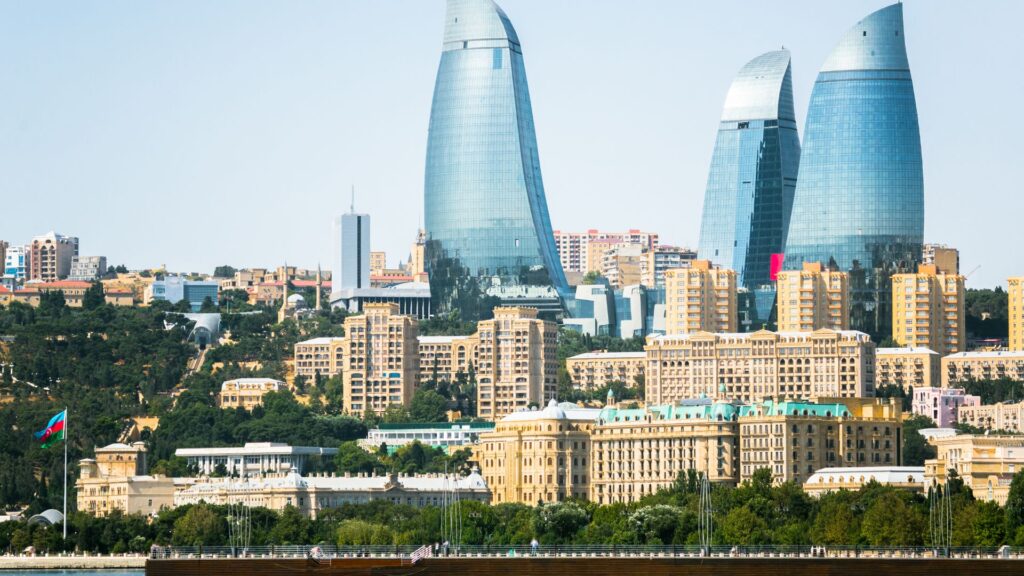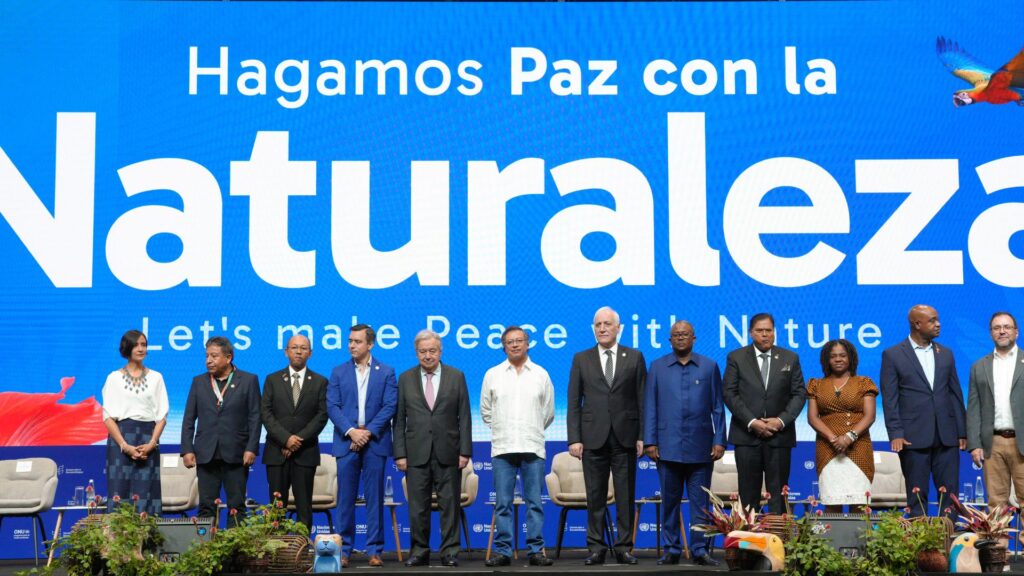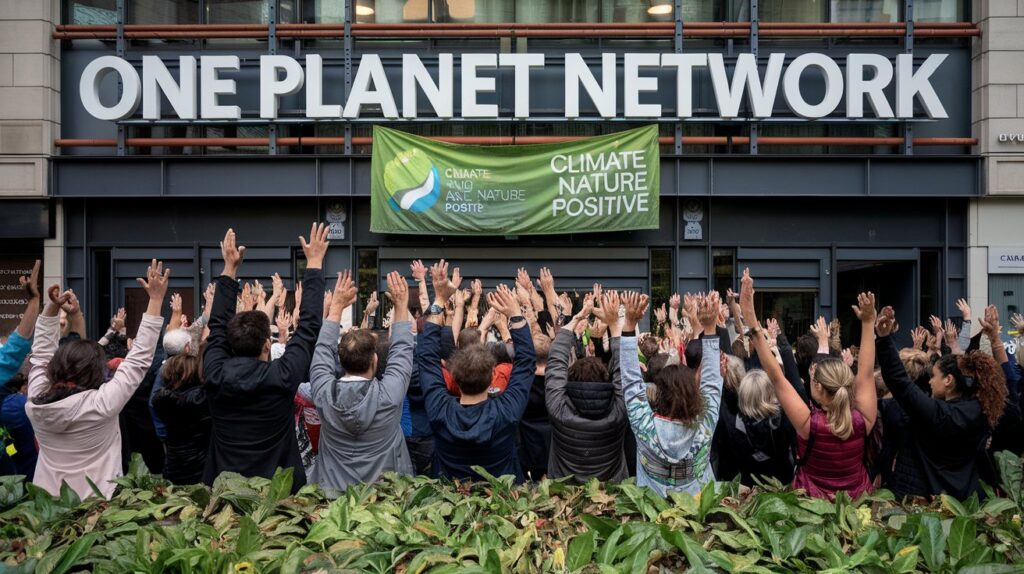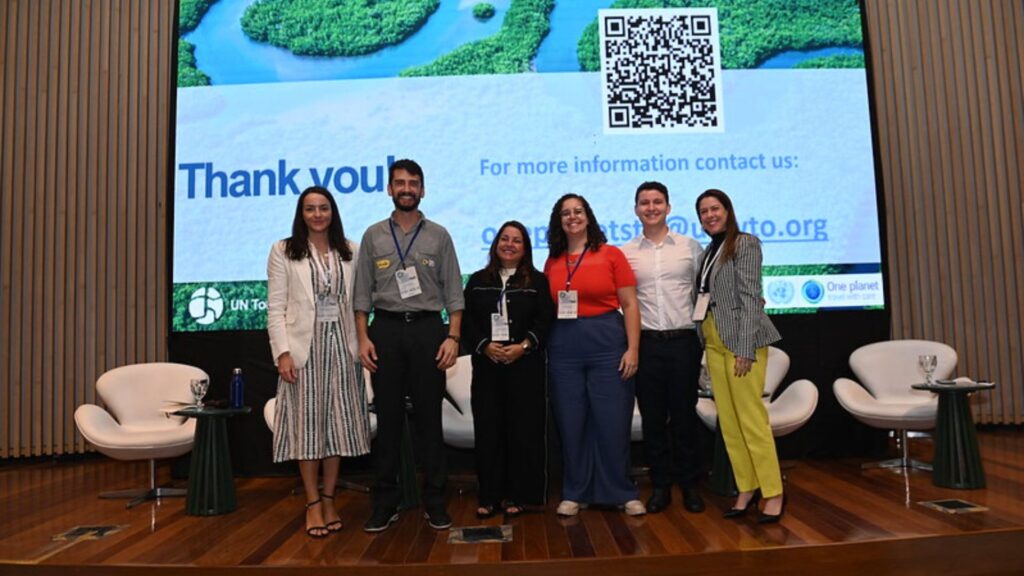Bonito: A Carbon-Neutral Ecotourism Destination to Host the 2025 International Sustainability Forum
In May 2025, Bonito, Mato Grosso do Sul, Brazil—a global leader in sustainable tourism—will host the International Sustainability Forum from May 29 to 31. Known for its pristine natural beauty and pioneering environmental initiatives, Bonito is the perfect venue for this pivotal event, which aims to shape discussions around energy transition and green financing ahead of the COP30 climate conference in Belém. Why Bonito? A Model of Regenerative Tourism Bonito is not just a popular tourist destination; it’s a carbon-neutral certified ecotourism hub. In 2022, the city made history by becoming the first tourism destination in the world to earn this certification. This milestone was achieved through a rigorous collaboration between the Fundação de Turismo de Mato Grosso do Sul (FUNDTUR) and Green Initiative, which assessed and mitigated the carbon footprint of its tourism sector. Key climate and nature positive strategies that contributed to this certification include: Additionally, Bonito is home to Climate Positive Ecotourism Businesses such as Grupo Rio da Prata Ecoturismo and Estância Mimosa, which actively work to create a net positive environmental impact. Grupo Rio da Prata offers eco-friendly snorkeling and diving experiences in its pristine rivers, while engaging in large-scale reforestation efforts and water conservation initiatives. Similarly, Estância Mimosa provides guided tours through stunning waterfalls and trails while implementing carbon sequestration through native tree planting and sustainable farming practices. These businesses exemplify Bonito’s dedication to ecotourism and serve as models for sustainability in the global tourism industry. These initiatives collectively reduce Bonito’s environmental footprint and contribute to its goal of becoming a global leader in climate-smart tourism. Mayor of Bonito, Josmail Rodrigues, highlighted the city’s global leadership in sustainability, stating: “Bonito is a global reference for sustainable tourism, and hosting an event of this magnitude reinforces our commitment to environmental preservation and responsible economic development. The International Sustainability Forum will be a unique opportunity to discuss innovative solutions and establish our city as a model of sustainability for Brazil and the world.” The Significance of the International Sustainability Forum The forum will bring together policymakers, environmentalists, scientists, and industry leaders to discuss: Bonito’s role as host is particularly symbolic. Its transformation into a carbon-neutral destination highlights the power of local initiatives to drive global change, setting an example for other regions aiming to balance economic growth with environmental stewardship. Recognized Leadership in ESG Practices Bonito and the state of Mato Grosso do Sul have gained national and international recognition for their sustainability efforts. In December 2024, Mato Grosso do Sul was ranked among Brazil’s top three regions for ESG practices in sustainable tourism by Embratur. This accolade underscores the state’s forward-thinking approach to tourism development and environmental conservation. Specific achievements include: Bruno Wendling, President of FUNDTUR, stated, “Our goal is to position Bonito as a global model for sustainable and regenerative tourism by ensuring every visitor’s experience contributes positively to the environment. Hosting the International Sustainability Forum further solidifies our commitment to this mission.” Bonito: A Destination Worth Protecting Bonito’s unique ecosystems are its greatest treasure. Highlights include: Through carbon-neutral initiatives and sustainable tourism practices, Bonito is setting a precedent for destinations worldwide, showcasing that natural beauty and environmental responsibility can coexist. What to Expect at the Forum The event promises a wealth of opportunities, including: As the world prepares for the COP30 climate conference, Bonito stands out as a beacon of sustainable innovation and environmental leadership. Hosting the International Sustainability Forum in this Carbon-Neutral Certified city not only amplifies its commitment to protecting natural resources but also inspires other destinations to follow suit. Bonito’s story proves that tourism and sustainability can go hand in hand, paving the way for a greener future. By the Green Initiative Team. Suggested reading:










